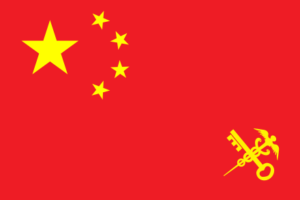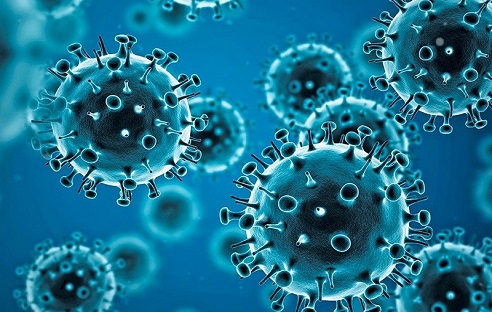Beginning January 8, customs authorities in China will cease Covid-19 nucleic acid testing requirements for imported frozen and chilled foods, as well as for non-cold chain items arriving at ports of entry, according to a report in the Global Times, a mouthpiece of the PRC’s ruling Chinese Communist Party government.
After enforcing strict “Zero Covid” policies including draconian population lockdowns and ongoing SARS-CoV-2 testing for nearly three years following the spread of the deadly Covid-19 virus from Wuhan to the virtually the entire world, which ultimately triggered street demonstrations across much of the country late last year led by lockdown protesters, the PRC government has radically reversed its strategy in coping with the health crisis at a time when new infections have soared and hospitals are overwhelmed with patients to treat.

Reporting on December 30 that the PRC will no longer mandate chilled and frozen foodstuffs from abroad to enter centralized warehouses for disinfection and testing prior to further distribution into the domestic market, Reuters quoted a Beijing-based meat importer of beef and pork from the United States and other countries as stating: “This policy means we will have much lower cost and risk on both product storage and transportation.”
Testing frozen and chilled imports has been controversial from the beginning among exporters and importers, as the process significantly slowed the shipment of food to consumers in China. The practice continued nonetheless, even after the World Health Organization (WHO) issued a report last year about the origins of novel coronavirus that concluded, among other things, that it is unlikely that frozen food imports or packaging spread the coronavirus.
“The cancellation of testing and disinfection requirements will definitely benefit the meat trade in terms of reducing extra cost and speeding up movement of goods,” stated Huang Juhui, founder of Beijing Means Consulting Co.
Huang pointed out that the costs of Covid testing and disinfection, moving the goods from the port to central storage, demurrage, electricity, and centralized storage can amount to as much as 30,000 yuan ($4,321) per container, and take up to 30 days for deliveries to reach end users.
The Reuters dispatch also quoted Joel Haggard, the US Meat Export Federation’s senior vice president for the Asia Pacific Region, as stating: “The reported ending of Covid testing and disinfection of imported meat at ports and at in-market distribution points will be an encouraging step toward the resumption of normalized trade.”





